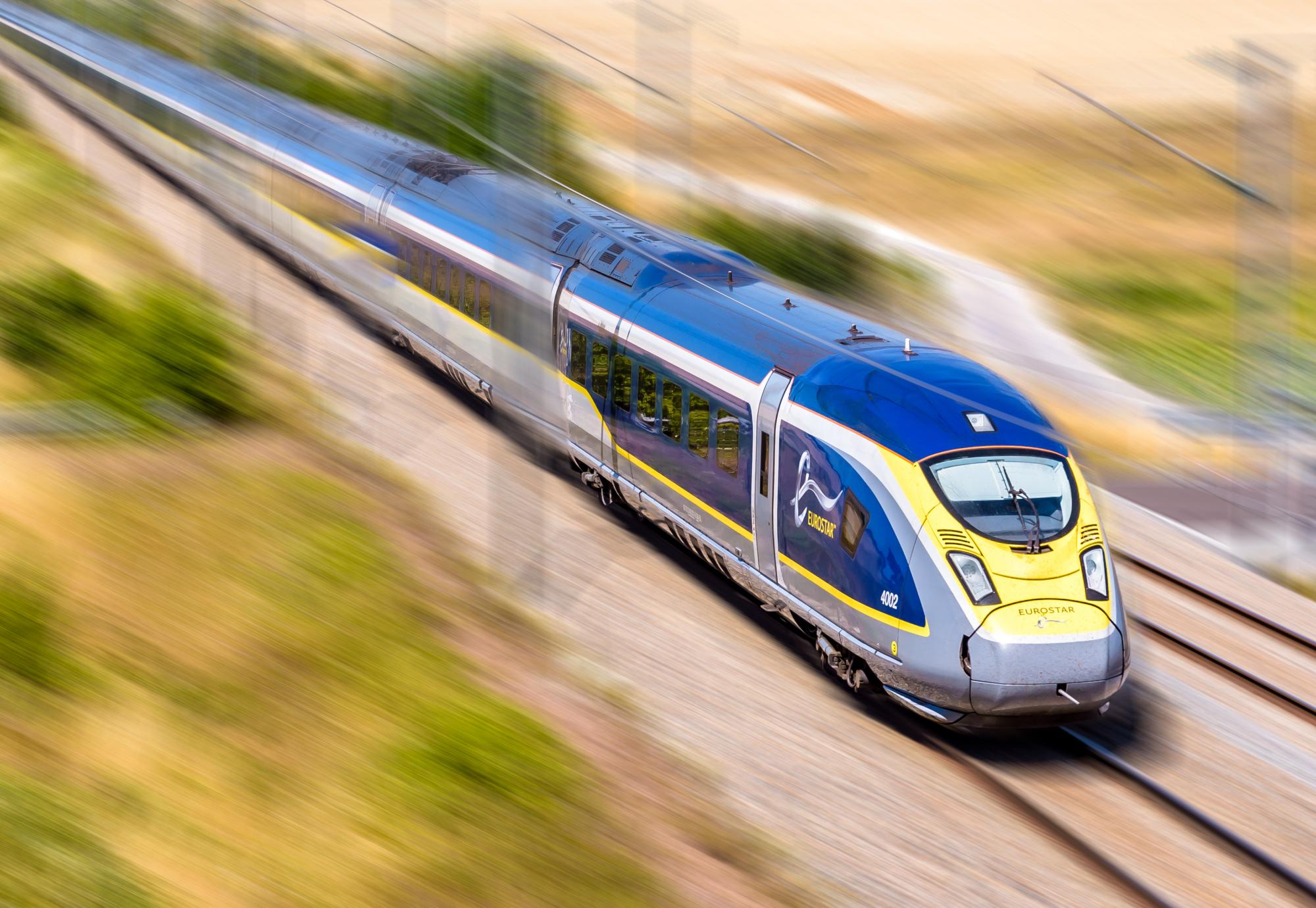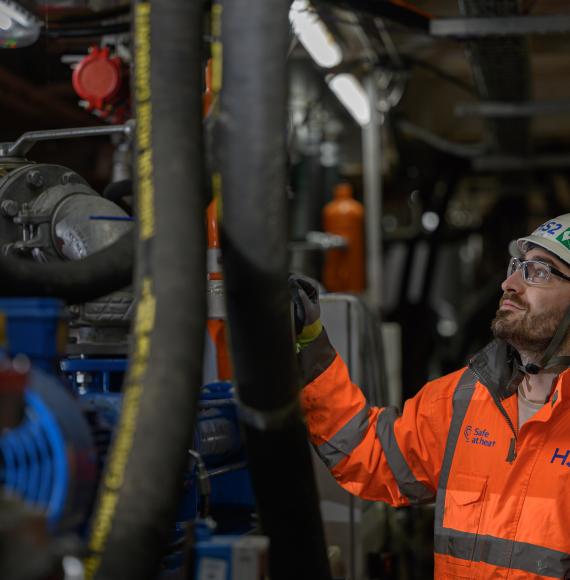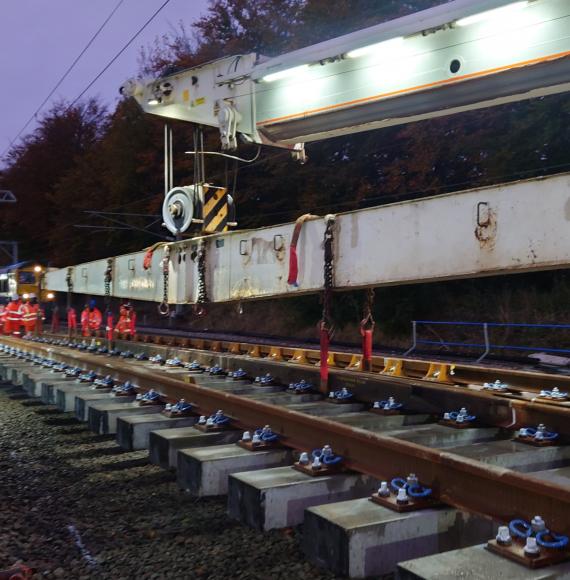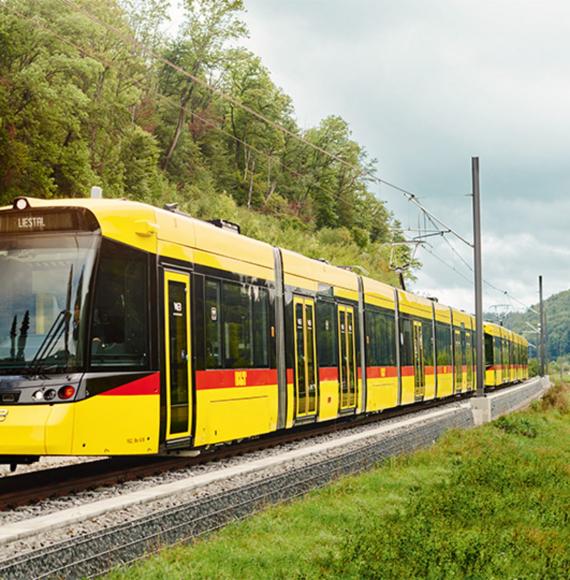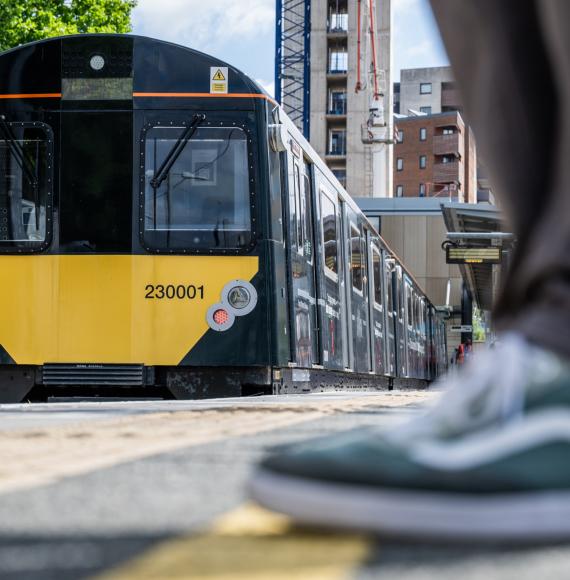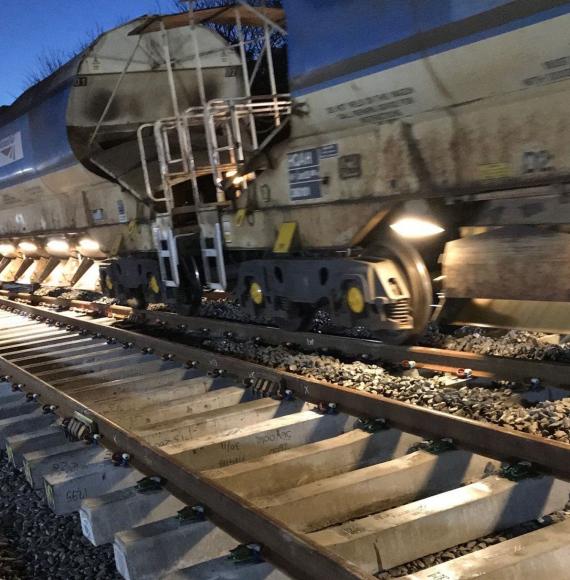Eurostar has announced its goal of using 100% renewable energy by 2030.
The high-speed rail network that connects Belgium, France, Germany, the Netherlands and the United Kingdom will help 30 million passengers to travel sustainably.
Eurostar published its first sustainability report which focuses on three key areas:
- Sourcing renewable energies for all traction needs and energy requirements, including exploring the installation of novel solar projects to power trains
- Integrating circularity throughout the value chain to minimise waste and use resources more effectively
- Attracting more passengers to the low-carbon service by continuing to develop “open hubs” connecting Eurostar with domestic networks and long-haul flights
The target of using 100% renewable energy by 2030 is the standout message of the report. Eurostar recently joined the RE100 alliance of companies committed to sourcing 100% of their energy from renewable sources.
Eurostar CEO Gwendoline Cazenave said:
"This is a deliberately ambitious target. Eurostar wants to use its brand and commitment to accelerate change across the sector.”
"We're proud to be the first rail company to join [the RE100]. Today, the transport sector accounts for 25% of European greenhouse gas emissions, making sustainable high-speed rail a key solution to a quarter of Europe’s climate problem.”
Ollie Wilson, Head of RE100, Climate Group: “Eurostar is setting a global example and leading the way on renewables powering our rail networks. Eurostar now has the opportunity to draw on a global network of over 400 companies as it works towards 30 million journeys a year powered by 100% renewable electricity by 2030.
“We encourage other businesses in the rail sector to follow Eurostar’s lead and commit to 100% renewable electricity.”
Eurostar trains in the Netherlands have been running on 100% wind power since 2017. In 2023, Eurostar trains in the UK derived 40% of their energy from wind power.
In February, Eurostar also signed a Memorandum of Understanding with Infrabel to study the installation of novel solar projects to power trains.
18.6 million passengers travelled on the network in 2023.
Image credit: iStock

